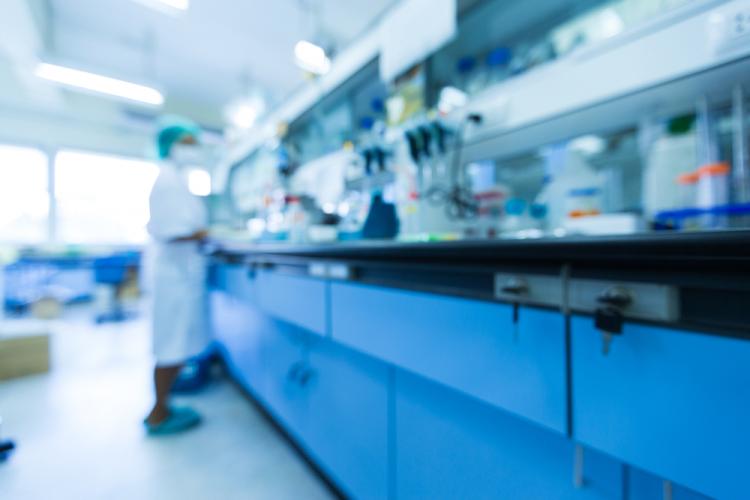What RESOLUTE found as part of a recent experiment drives home their point about SLCs as under-valued drug targets. They hope their tools will help fix this

Solute carriers are a kind of protein that bring nutrients and other substances across cell membranes. Any problems with how these proteins function can cause disorders and diseases. This has only become apparent in recent years, and they are increasingly being considered as drug targets. The objective of the RESOLUTE project is to make new tools so that researchers can use SLCs in drug discovery.
Antibodies are powerful biological tools that can be used to study the function of SLCs, but despite the large number of commercial antibodies available to buy, the project partners have found that the majority don’t work against their purported target. We asked Dr Álvaro Inglés-Prieto, RESOLUTE communications manager, to tell us more.
Tell us about the testing you performed.
Dr Inglés-Prieto: We performed for the first time a small but systematic test of commercial antibodies for six SLCs. The goal was to check how many of them do actually bind specifically to the target proteins. To that end, in collaboration with YCharOS, we used the RESOLUTE cell lines in which the SLCs target is missing and compared it with the cells expressing the target.
We chose the targets based on the cell lines that we had available for this pilot experiment. Then, YCharOS collected commercial antibodies advertised to recognise these SLCs. Unfortunately, 80% of the antibodies tested did not recognise the intended target. On the bright side, we found renewable specific antibodies for two SLCs for several important research applications (data available at https://re-solute.eu/database/datasets).
Why did you choose to do this with YCharOS?
Dr Inglés-Prieto: To perform these experiments is not trivial, and very costly; one antibody costs about €400 to €600. YCharOS is a new Canadian start-up company that aims to characterise commercial antibodies for all human proteins. YCharOS follows open-science best practices and it functions in partnership with manufacturers who are distinguished by a commitment to reagent quality. Their pilot experiment was published in ELife journal in 2019 and they have, since then, scaled up their methodology into an unanimously approved platform. Importantly, we released all antibody characterisation reports on Zenodo, an open-access data repository.
Now that we know 80% of these antibodies don’t work, what are the implications of that?
Dr Inglés-Prieto: We had this impression before doing these experiments. What we can do now is to raise awareness in the scientific community and antibody vendors. We need to work together to develop better tools. By recognising this need, we can then work on a solution.
One of the goals of RESOLUTE is to identify or generate high-quality tools to study SLCs, such as these antibodies/binders for SLCs, and we are trying several approaches to generate alternatives to antibodies, called high-affinity binders. The approach that we used could be implemented by antibody vendors to improve their products.
We currently generate material and protocols and will share them with the community. This effort still remains a great challenge, but we think we are on a good track and the first results indicate that our approaches are successful.
Related
Cache of research materials on understudied proteins now available to scientific community
REsolution project to study genetics of understudied proteins
